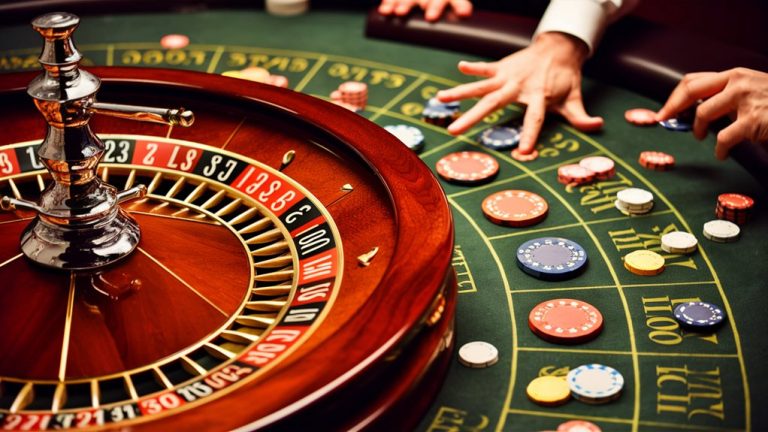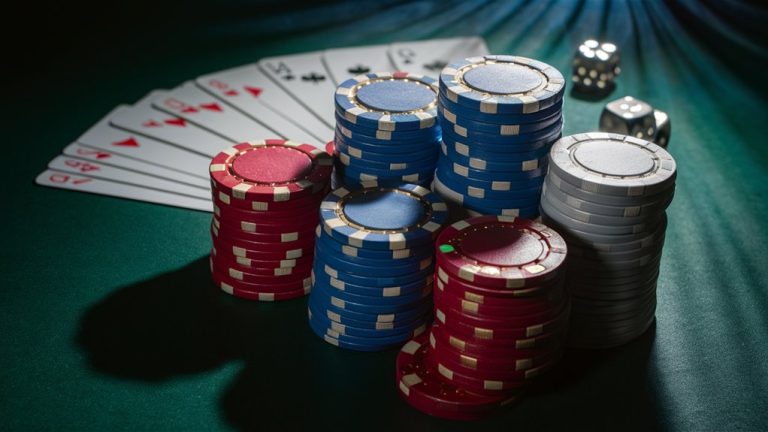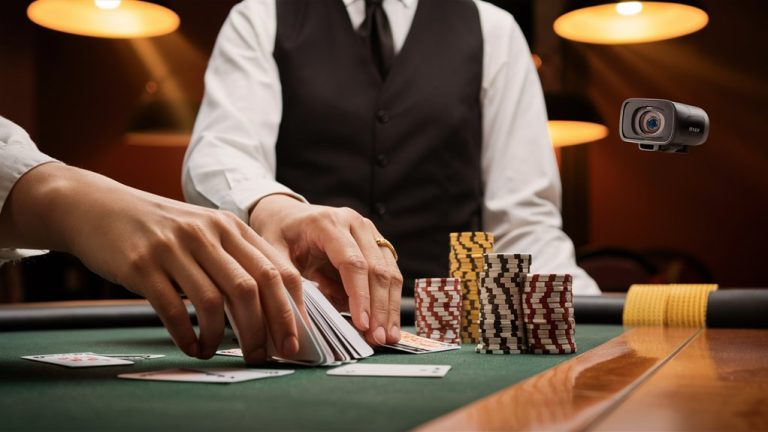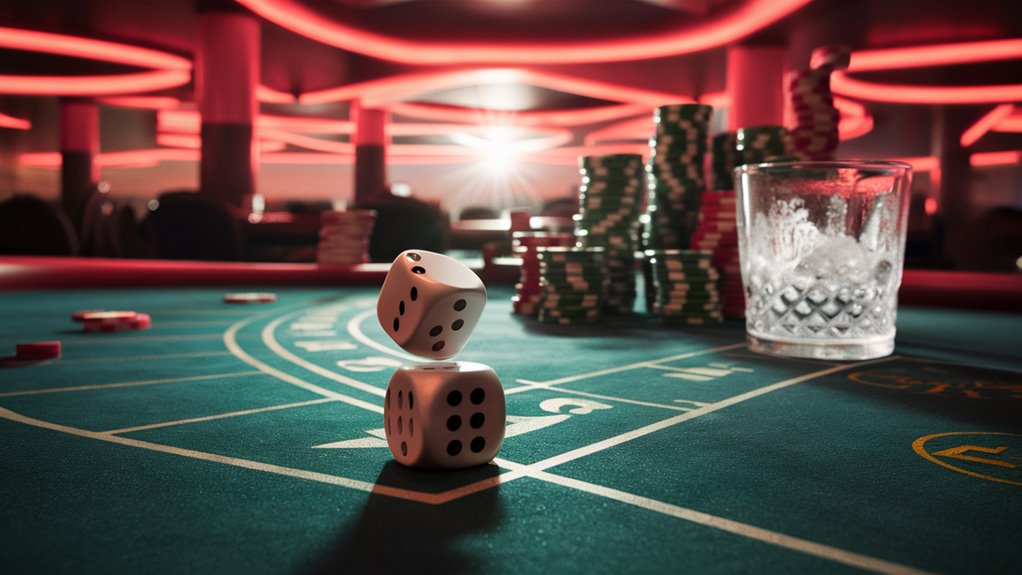
Why Players Pick Risk Over Sure Things
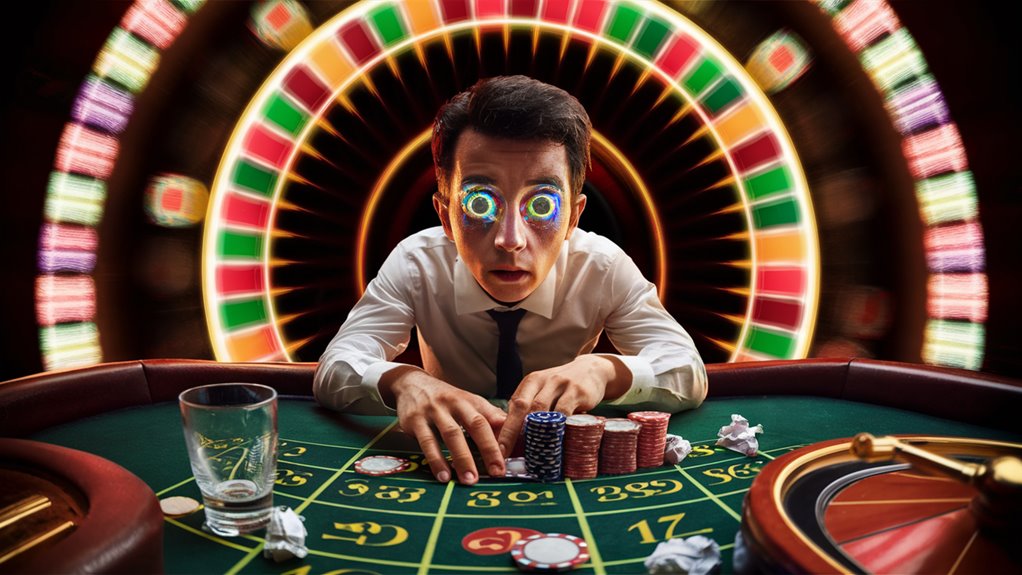
What Drives Gambling Choices
The pull of gambling addiction comes from strong brain signals that push doubt above sure wins. Study shows a big 400% rise in dopamine levels when results are unsure, way more than what sure wins cause in the brain. 이 자료 참고하기
The Link Between Dopamine and Risk
Problem gambling makes a strange mix where just thinking of wins boosts joy more than real wins. This brain reaction happens in the pleasure spots of the brain, acting up while less aware of risks.
Mind and World Effects
Both brain reactions and long-held group views, mixed with set mind bends, make unsure wins too tempting. This chase for rewards is strong in people with:
- Better dopamine feel
- Poor risk seeing
- Different choosing ways
- Big get-ready responses
Knowing Gambling Acts
The deep bits that steer liking for gambling are key in understanding human choices. These acts show us how rewards based on doubt can take over smart choices, leading to more gambling even if it hurts.
This brain and act knowledge explains why usual reward plans often miss the mark in stopping gambling addiction, pointing to plans that focus on deep risk-reward play.
The Workings of Gambling Urges
How Gambling Impacts the Brain
The brain study of gambling shows clear brain paths light up when players think about possible wins.
The brain’s pleasure system, mostly the nucleus accumbens and ventral striatum, boosts dopamine at wins, and even at close losses, making the reaction stronger.
Brain Patterns in Tough Gambling
fMRI research shows problem gamblers have more active pleasure centers than folks who don’t gamble.
This activity map looks a lot like what we see in drug addiction. The insula, which weighs risks, works hard while the front part of the brain working less during betting acts.
The Trap of Chasing Losses
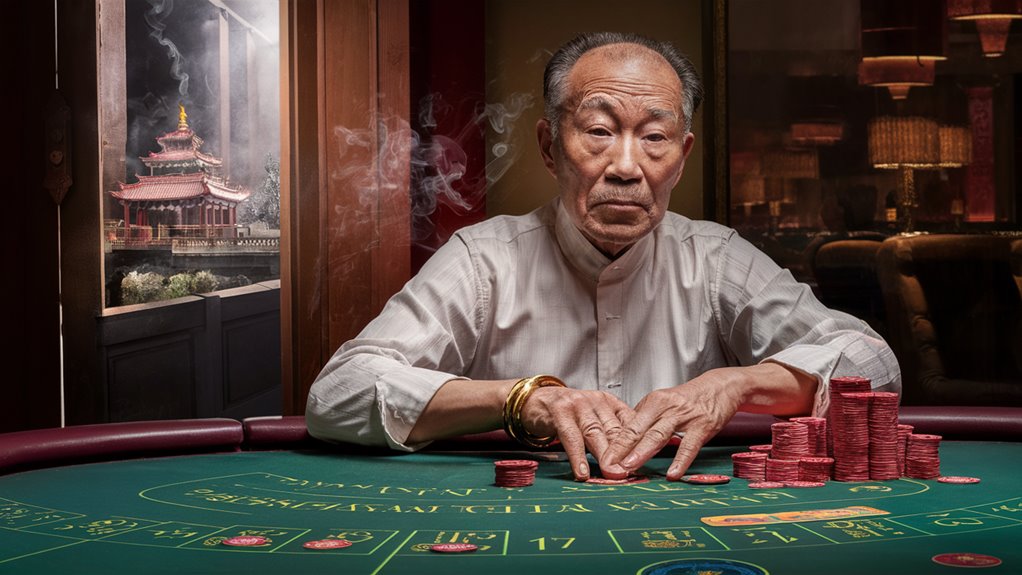
The brain boost of dopamine at unsure points tops that seen at sure wins.
This uncertainty rule drives a harsh loop where waiting for the result feels better than the win itself, pushing more gambling despite big losses.
Dopamine and Daring
Working out riskiness in bets calls on complex brain bits affecting choices.
The sharp high answer to unsure wins lets us know why risky bets pull more than safe picks.
This brain reaction keeps the addiction going, making gambling a hard loop to break for those caught.
Dopamine in Choices
Dopamine in Making Choices and Finding Rewards
The Two Roles of Dopamine
Dopamine, key in the brain, acts as both a fun signal and learning helper in making choices.
When gambling, the brain doesn’t just send out dopamine at wins but importantly, during the wait before knowing.
This brain bit sets up strong loops of acting that keep up risky acts despite many losses.
Error Guess and Reward Finds
More than just fun, dopamine signals also go through a deep guess error track. This brain work spots the gap between what’s expected and real wins. How to Increase Your Chances of Winning in Skill-Based Games
Unsure rewards bump up dopamine much more than sure outcomes, making the pull of chance-based plays over sure wins big. This uncertainty chase mainly drives gambling for thrill.
Changes in Problem Gamblers’ Dopamine System
Study shows pathological gamblers have clear changes in their dopamine ways. These folks get less dopamine from everyday stuff but react too much to gambling.
